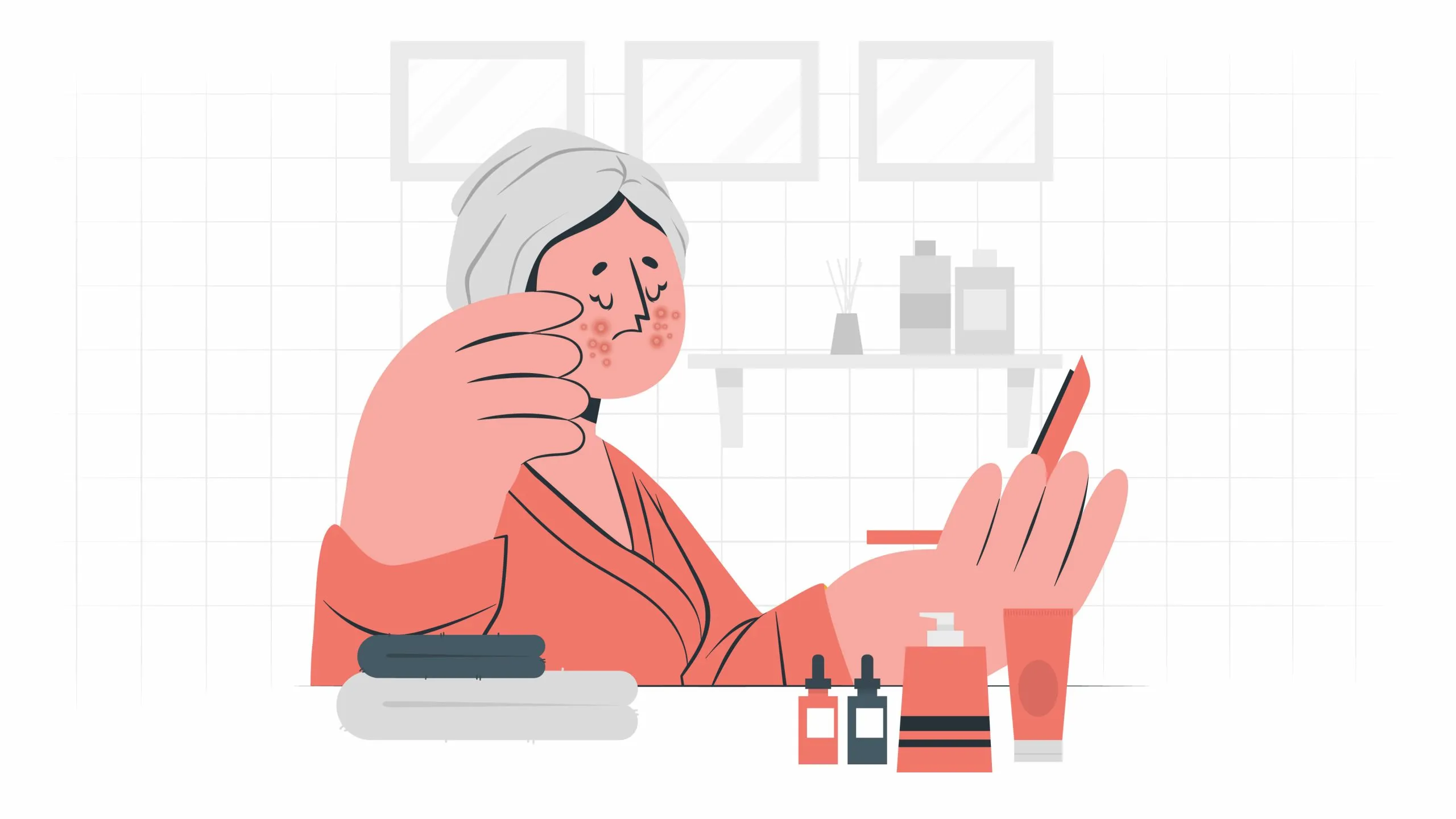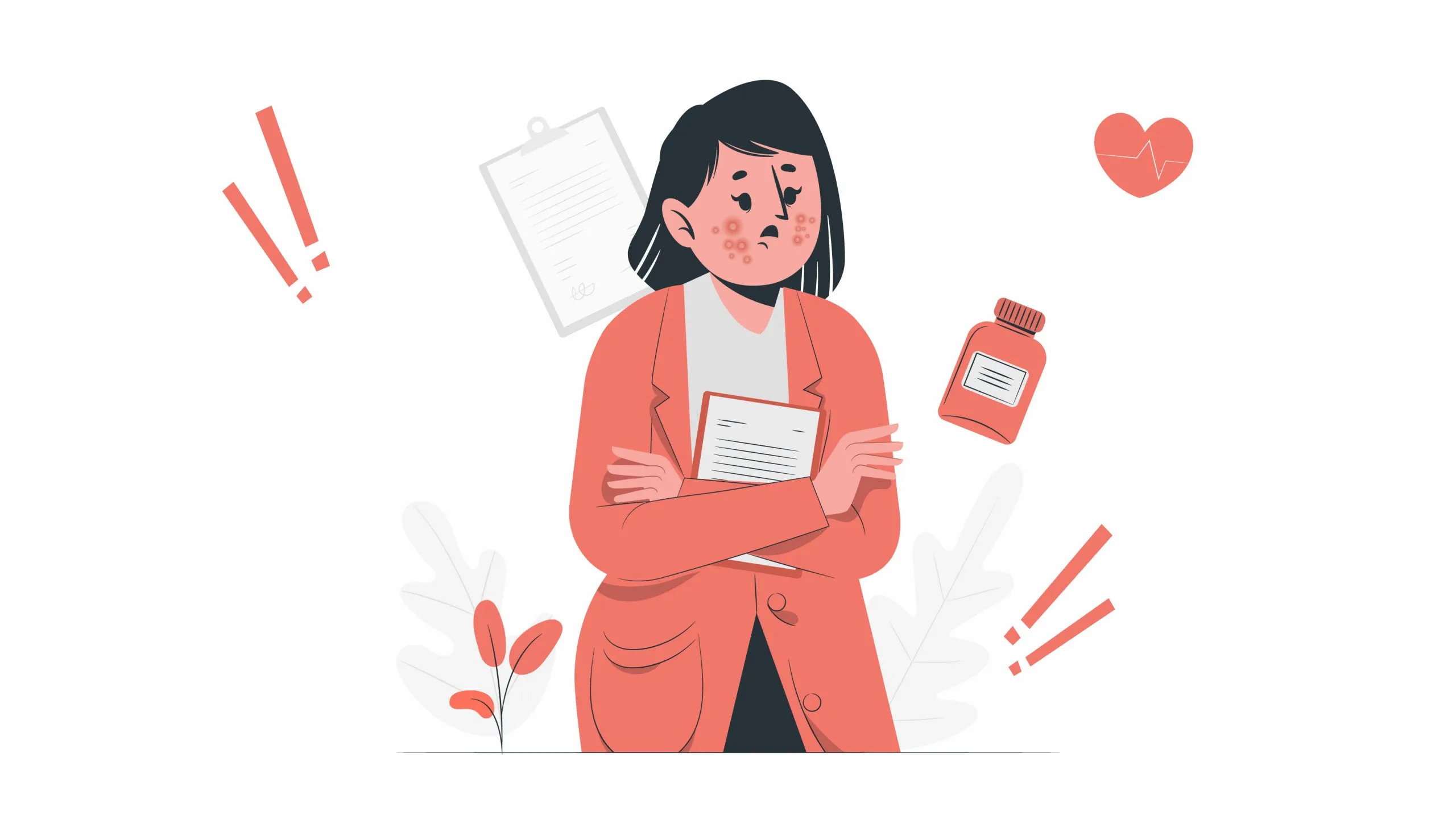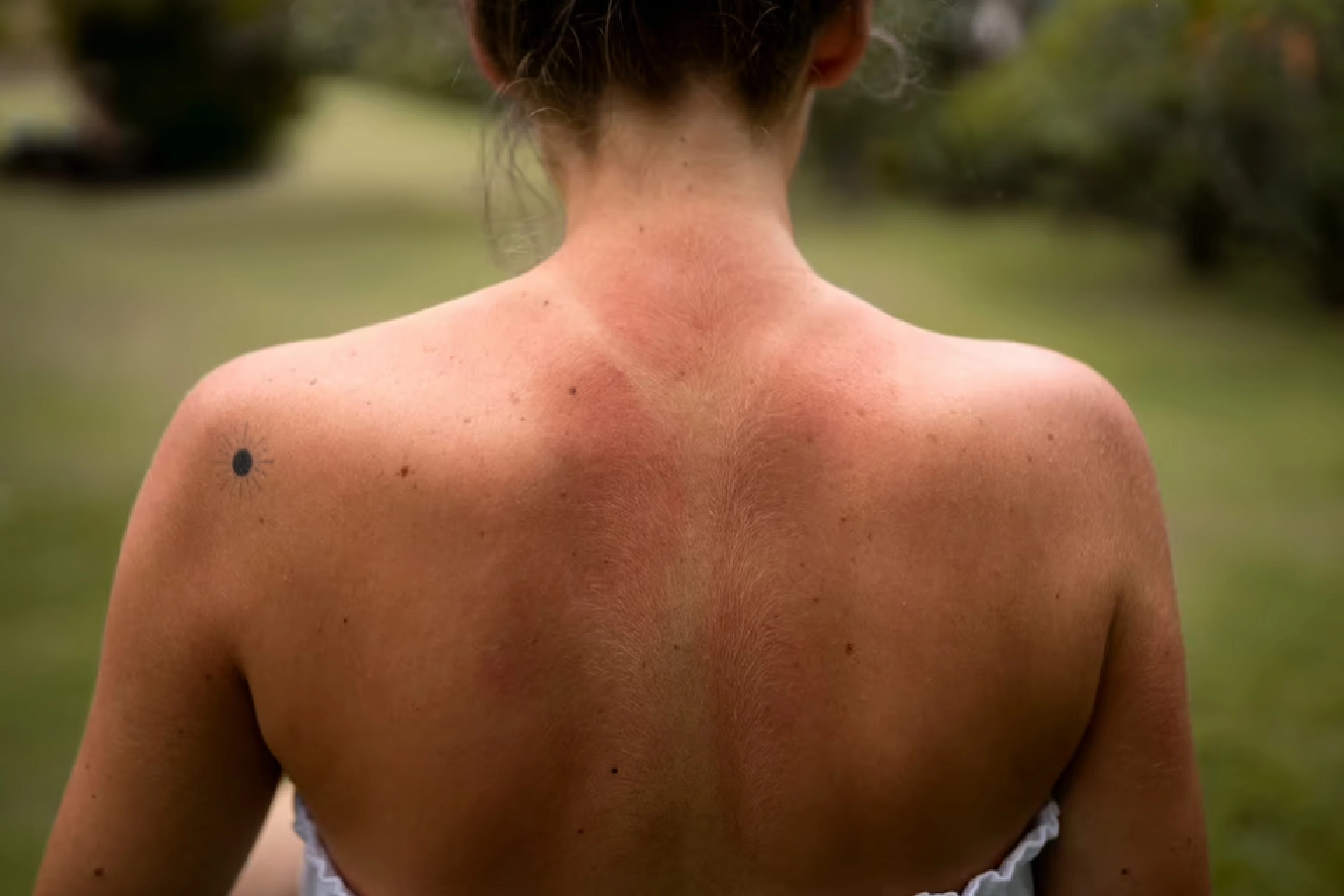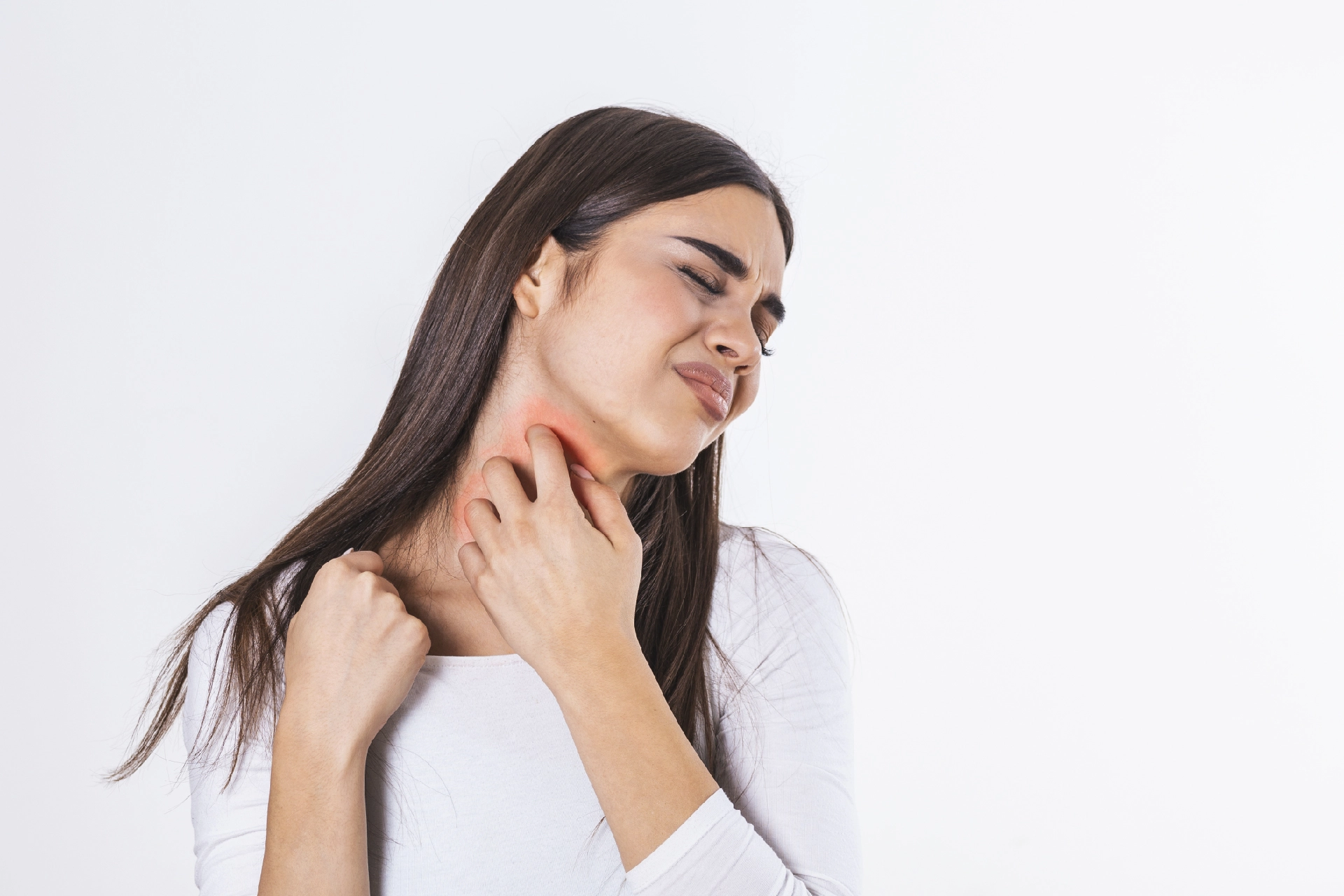Prosthodontics | 5 min read
How Is Rosacea Diagnosed and Is Rosacea Treatment Effective? All You Should Know
Medically reviewed by
Table of Content
Key Takeaways
- For rosacea diagnosis, doctors may ask about symptoms and triggers for flare-ups
- Rosacea treatment generally consists of medicines that help manage symptoms
- Following certain and lifestyle changes can also reduce symptoms
Rosacea is an inflammatory skin condition that mainly affects your face. Rosacea on face is a common condition that affects nearly 5-46% of the population [1]. The exact prevalence may vary as it is common to get an incorrect rosacea treatment and diagnosis or for this condition to go undiagnosed. In some cases, rosacea may also be confused with an allergic reaction or acne. Rosacea typically appears after the age of 30.
Rosacea on face is more common in women, but more severe in men [2]. Rosacea is also comparatively difficult to diagnose in dark-skinned people. This is due to one of the main symptoms of rosacea, persistent redness, being difficult to detect on dark skin.
Rosacea treatment focuses on managing your symptoms as there is no cure for it. Treatment mainly includes oral medication, laser treatment, and lifestyle changes. Read on to know more about rosacea diagnosis and treatment.
Rosacea diagnosis
There isn’t a specific test that helps in accurate rosacea diagnosis. Typically, you doctor may ask you about triggers that could lead to flare-ups and examine your skin. Enlarged blood vessels is one of the distinguishing symptoms of rosacea on face. Your doctor may also ask about other symptoms that may help reach an accurate rosacea diagnosis.
Your doctor may also prescribe certain tests that can help rule out other skin conditions. If you also experience symptoms around or in your eyes, your doctor may refer you to an ophthalmologist.
Additional Read: Hives On Skin
Rosacea treatment
Since there is no cure for it, your rosacea treatment plan will focus on controlling the symptoms and signs of rosacea. The duration of your rosacea treatment will depend on the severity and type of rosacea you have. Your dermatologist may combine prescribed medicines as well as certain skincare tips and lifestyle changes to formulate the best rosacea treatment plan for you.
Medicines and therapies that may be a part of your rosacea treatment are:
Antibiotics
Antibiotics have an anti-inflammatory effect that can help you get faster results. This is why they are considered a crucial part of the best rosacea treatment available.
These medicines can help you manage the symptoms of rosacea and maintain remission. They are generally used to treat pimples and bumps associated with rosacea.
Medicines for acne and flushing
If your symptoms also include flushing, your doctor may prescribe some creams or gels. Certain topical treatments can help constrict your blood vessels, which can reduce flushing. Since this effect is temporary, you will need to apply them regularly to see lasting results.
In case of severe rosacea skin that does not respond to other medicines, your doctor may give you oral medicines for acne. These can help clear the lesions of rosacea that resemble acne.

Eye drops
If you have symptoms of rosacea on face as well as eyes, you doctor may prescribe eye drops. These can give you relief from the symptoms. Your doctor may tell you to use them for a week or a few days generally followed by a break.
Laser surgery
If you have enlarged vessels, your doctor may tell you to opt for a laser treatment. This surgery will help reduce the visibility of the veins. It is one of most effective rosacea treatment for skin that is not brown, tan, or black.
You may not notice the full effect for a few weeks and may need to get this done repeatedly in order to maintain its effect on your skin. Common side effects of this treatment include bruising and swelling that may last for a few days. Be sure to talk to your doctor to understand the procedure and the after-care you may need.
Lifestyle changes and skincare tips
Depending on your triggers, type, and symptoms of rosacea, your doctor may advise you to make certain lifestyle changes and follow key skincare tips. These can help manage the symptoms, prevent flare-ups and maintain remission.

Common tips and lifestyle changes for rosacea on face
- Reduce stress
- Use a gentle cleanser on your face
- Avoid products with alcohol or irritants
- Keep skin hydrated and use gentle moisturizer
- Apply a broad-spectrum sunscreen
- Avoid beverages and foods that can trigger outbreaks
- Avoid exposure to direct sunlight
Keep in mind that rosacea triggers vary for each person. Your dermatologist will be able to best advise you on what will be the best rosacea treatment for your skin health. Talk to a dermatologist before you use any medicines, cream, or any products for rosacea treatment. Getting rosacea treatment at the right time can help you avoid permanent damage and other complications.
Book an online dermatologist consultation on Bajaj Finserv Health. These experienced skin doctors can help you with a timely rosacea diagnosis and formulate an effective treatment plan for you. They can also guide you on the right skincare tips or best summer tips for you to follow. If you want to protect yourself from any disease, you can avail of health insurance.
References
Disclaimer
Please note that this article is solely meant for informational purposes and Bajaj Finserv Health Limited (“BFHL”) does not shoulder any responsibility of the views/advice/information expressed/given by the writer/reviewer/originator. This article should not be considered as a substitute for any medical advice, diagnosis or treatment. Always consult with your trusted physician/qualified healthcare professional to evaluate your medical condition. The above article has been reviewed by a qualified doctor and BFHL is not responsible for any damages for any information or services provided by any third party.





